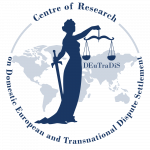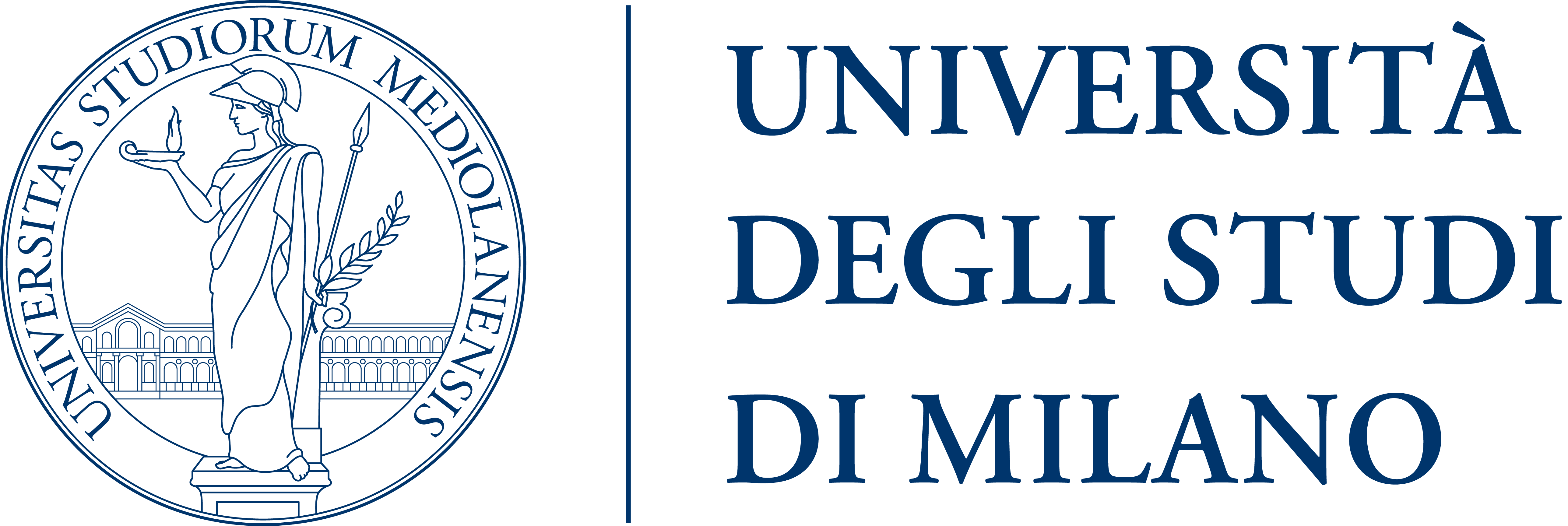The appeal concerns the court’s jurisdiction over tort claims involving a foreign company, where jurisdiction is sought to be founded on an alleged common law duty of care owed by a UK domiciled parent company. A similar issue was addressed in the UK Supreme Court decision Lungowe v Vedanta Resources plc [2019] UKSC 20 (“Vedanta”).
The appeal was brought against two proceedings concerning many oil spills occurred from pipelines in the vicinity of the appellants’ communities in Nigeria, causing relevant environmental damages. The appellants (approximately 42.500 people) hold that the oil spills were caused by the negligence of The Shell Petroleum Development Company of Nigeria Ltd (“SPDC”), a Nigerian registered company which is the second respondent in these proceedings. The first respondent is Royal Dutch Shell Plc (“RDS”), a UK domiciled company and the parent company of the multinational Shell group (owning 30% of SPDC’s shares).
The appellants contend that that RDS owed them a common law duty of care as it exercised significant control over material aspects of SPDC’s operations and/or assumed responsibility for SPDC’s operations, which allegedly failed to protect the appellants against the risk of foreseeable harm arising from SPDC’s operations.
For the claim against RDS, reference shall be made to Article 4 of the Brussels Recast Regulation. The ECJ decision in Owusu v Jackson held that Article 4 bars English Courts from declining mandatory jurisdiction if a defendant is a company domiciled in England and Wales.
As for SPDC, RDS would act as an anchor defendant for the claimants to bring their claim in the English Courts. The jurisdictional gateway is the “necessary and proper party” gateway under paragraph 3.1(3) of CPR Practice Direction 6B: courts are required inter alia to consider the merits and reasonableness of the claim against the English anchor defendant. Therefore, the jurisdictional decision depended on whether it was “reasonably arguable” that RSD owedsuch common law duty of care to the Nigerian inhabitants damaged by the subsidiary operations.
The Supreme Court quotes the Vedanta (2019) and reverses the Court of Appeal’s judgement in so far as it held that a duty of care rises according with the “control” criterion and can never rise by maintaining group-wide policies and guidelines. The Supreme Court rejects “control” as a meaningful test, as it can assume many different forms (para 148). According to Vedanta, the issue is the extent to which the parent did take over or share with the subsidiary the management of the relevant activity. Finally, the Court of Appeal erred in treating the liability of a parent company as a distinct category of common law negligence, contrary to the Vedanta guidance.
Having regard to the appellants’ case, it has not been shown that the asserted facts are demonstrably untrue or unsupportable. On that basis, it is established that there are real issues to be tried, in light of the Vedanta‘s guidelines. Therefore, the appeal is allowed and the trial of the substantive issues will take place.
P.B.


